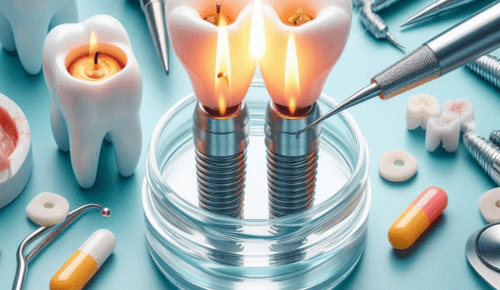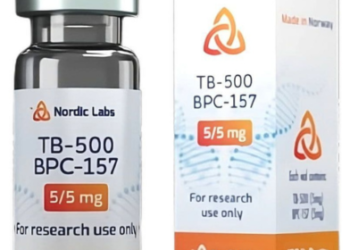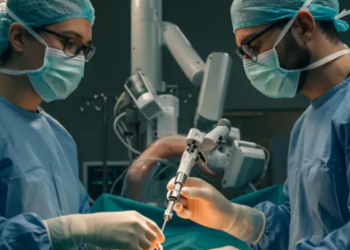
Tooth eruption is a significant milestone in a child’s oral development, but sometimes, this process can be delayed. As a parent, it’s essential to be aware of the factors that may contribute to delayed tooth eruption, especially if you’re concerned about your child’s oral health. Our family dentist in Memphis, TN, understands the importance of monitoring tooth eruption and addressing any potential issues promptly.
In this article, we will explore the various factors that may delay tooth eruption, including genetic, hormonal, nutritional, and systemic factors, to help you better understand this complex process and ensure your child receives the best possible oral care.
What Factors Can Delay Tooth Eruption?
Several factors can delay tooth eruption, including:
Genetic Factors
Genetic factors play a significant role in determining the timing of tooth eruption. Some individuals may inherit a tendency to experience delayed tooth eruption due to their genetic makeup. Research has identified several genetic mutations that can affect tooth development and eruption. For example, mutations in the P21 gene have been linked to delayed tooth eruption.
Hormonal Factors
Hormonal imbalances can also impact tooth eruption. For example, hypopituitarism, a condition characterized by an underactive pituitary gland, can lead to delayed tooth eruption. Additionally, an overactive or underactive thyroid gland can also affect tooth development and eruption.
Nutritional Factors
A diet lacking essential nutrients can impede tooth development and eruption. For example, a deficiency in vitamin D can lead to delayed tooth eruption. Vitamin D plays a crucial role in regulating calcium levels in the body, which is essential for tooth development.
Systemic Diseases
Certain systemic diseases can affect tooth eruption. For example:
- Diabetes: Uncontrolled diabetes can lead to delayed tooth eruption.
- Rickets: A disease caused by vitamin D deficiency, rickets can lead to delayed tooth eruption.
- Hypophosphatasia: A rare genetic disorder characterized by low levels of alkaline phosphatase, hypophosphatasia can lead to delayed tooth eruption.
Local Factors
Local factors, such as crowding, trauma, or infection, can also delay tooth eruption. For example:
- Crowding: Insufficient space in the jaw can impede tooth eruption.
- Trauma: Trauma to the jaw or teeth can delay tooth eruption.
- Infection: Infections, such as abscesses or cysts, can delay tooth eruption.
Other Factors
Other factors that may delay tooth eruption include:
- Premature birth: Premature infants may experience delayed tooth eruption.
- Low birth weight: Infants with low birth weight may experience delayed tooth eruption.
- Family history: A family history of delayed tooth eruption may increase an individual’s risk.
What is The Normal Tooth Eruption Sequence?
The normal tooth eruption sequence is the order in which teeth typically emerge into the mouth. Here is the typical sequence:
Primary Teeth (Baby Teeth)
- Lower front teeth (central incisors): 6-10 months
- Upper front teeth (central incisors): 8-12 months
- Upper lateral incisors: 9-13 months
- Lower lateral incisors: 10-14 months
- First molars: 13-19 months
- Canines: 16-22 months
- Second molars: 23-31 months
Permanent Teeth
- Lower first molars: 6-7 years
- Upper first molars: 6-7 years
- Lower central incisors: 6-7 years
- Upper central incisors: 7-8 years
- Upper lateral incisors: 7-8 years
- Lower lateral incisors: 7-8 years
- Canines: 9-11 years
- Premolars (bicuspids): 10-12 years
- Second molars: 12-13 years
- Third molars (wisdom teeth): 17-21 years (if they erupt at all)
Keep in mind that the timing of tooth eruption can vary from child to child, and some teeth may erupt earlier or later than the typical range.
Final Words
Delayed tooth eruption can be caused by a combination of genetic, hormonal, nutritional, and systemic factors. Understanding the underlying causes of delayed tooth eruption is essential for developing effective treatment strategies. If you suspect that your child is experiencing delayed tooth eruption, it is essential to consult with a pediatric dentist or orthodontist to determine the best course of treatment.










